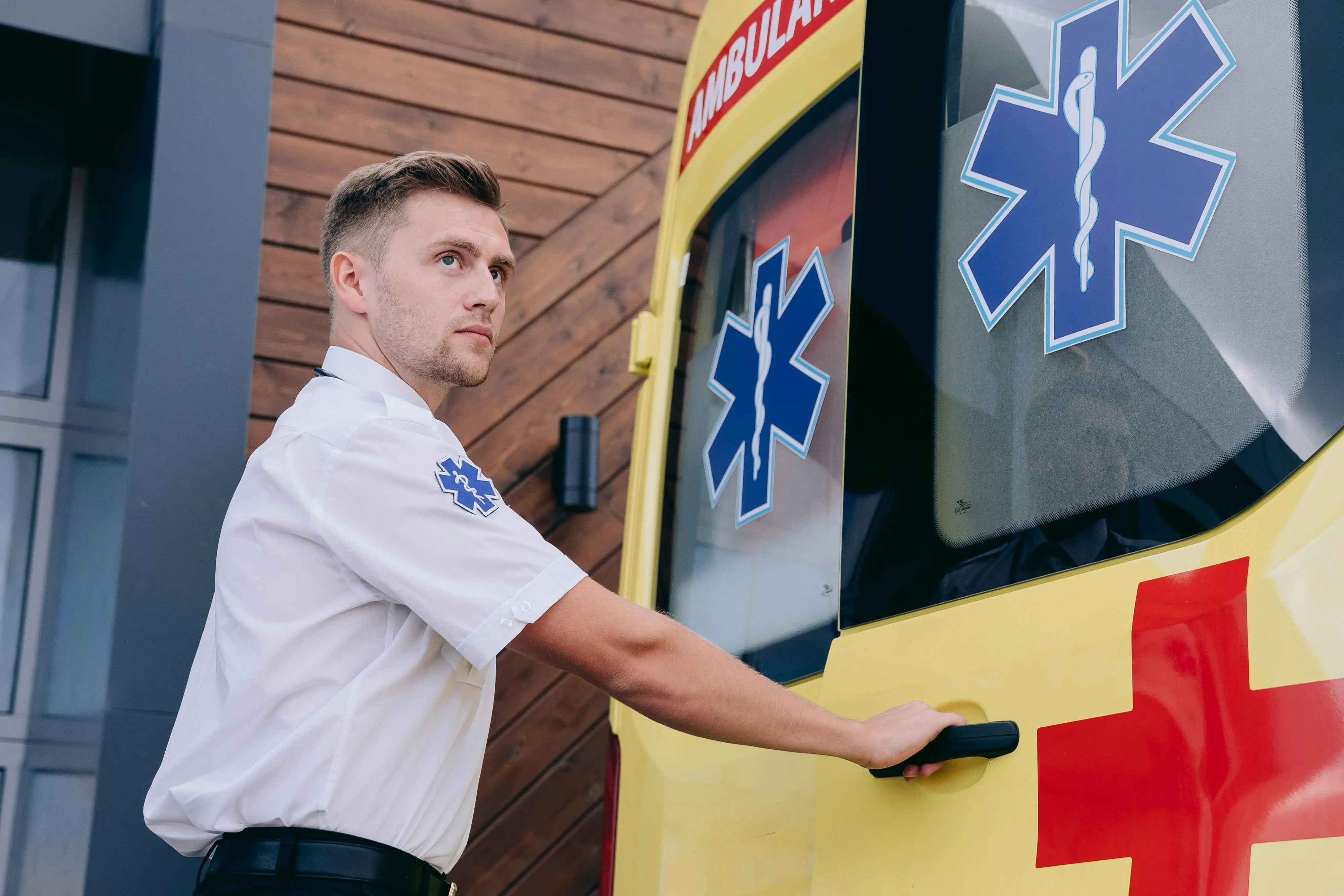Emergency help for seniors is a critical aspect of elderly care that ensures their safety and well-being in times of crisis.

Blog
Emergency Help for Seniors: Ensuring Safety and Well-Being
Emergency help for seniors is a critical aspect of elderly care that ensures their safety and well-being in times of crisis. This comprehensive guide explores various emergency services and resources available for seniors, highlighting the importance of preparedness and quick response in safeguarding the lives of the elderly.
Emergency preparedness for seniors involves having a plan in place for different types of emergencies, including medical crises, natural disasters, and accidents. Preparing in advance can significantly reduce the impact of these emergencies and ensure a faster, more efficient response.
Medical alert systems are essential tools for providing emergency help for seniors. These devices, such as wearable pendants or bracelets with emergency buttons, allow seniors to call for help instantly. Many modern systems also offer features like fall detection and GPS tracking.
Having an easily accessible emergency contact list is vital for seniors. This list should include phone numbers of family members, neighbors, healthcare providers, and local emergency services. Keeping this information visible and accessible can save precious time during an emergency.
Training seniors in basic first aid empowers them to handle minor emergencies until professional help arrives. Skills such as CPR, wound care, and recognizing the signs of a stroke or heart attack can be lifesaving in critical situations.
Caregivers and family members play a crucial role in providing emergency help for seniors. They should be aware of the seniors health conditions, medications, and emergency procedures. Regular check-ins and clear communication channels are essential for ensuring prompt response.
Many communities offer resources and services specifically designed to provide emergency help for seniors. These can include senior centers, local non-profits, and government programs that offer support during emergencies, from transportation services to temporary shelters.
Creating a personalized emergency evacuation plan is crucial for seniors, particularly those with mobility issues. This plan should include the safest routes, necessary supplies, and assistance arrangements, ensuring that seniors can evacuate safely and quickly if needed.
Technological advancements have significantly improved emergency help for seniors. From smart home devices that monitor health and activity levels to mobile apps that provide real-time alerts and information, technology can enhance safety and response times during emergencies.
Regular health monitoring can help in early detection of potential health issues, preventing emergencies before they occur. Routine check-ups, health screenings, and continuous monitoring of chronic conditions are vital components of preventive care for seniors.
Ensuring comprehensive emergency help for seniors requires a combination of preparedness, technology, community resources, and active involvement from family and caregivers. By building a supportive network and utilizing available resources, we can safeguard the health and well-being of our elderly loved ones in times of crisis.
Emergency preparedness for seniors involves having a plan in place for different types of emergencies, including medical crises, natural disasters, and accidents. Preparing in advance can significantly reduce the impact of these emergencies and ensure a faster, more efficient response.
Medical alert systems are essential tools for providing emergency help for seniors. These devices, such as wearable pendants or bracelets with emergency buttons, allow seniors to call for help instantly. Many modern systems also offer features like fall detection and GPS tracking.
Technological advancements have significantly improved emergency help for seniors. From smart home devices that monitor health and activity levels to mobile apps that provide real-time alerts and information, technology can enhance safety and response times during emergencies.
Need Personalized Health Guidance?
Get expert advice tailored to your specific health needs from our qualified healthcare professionals.





